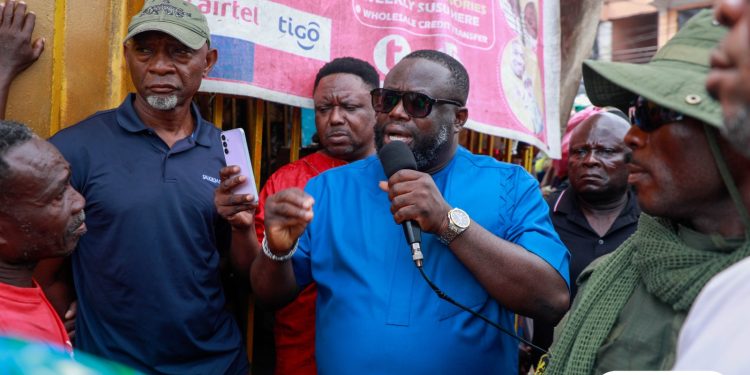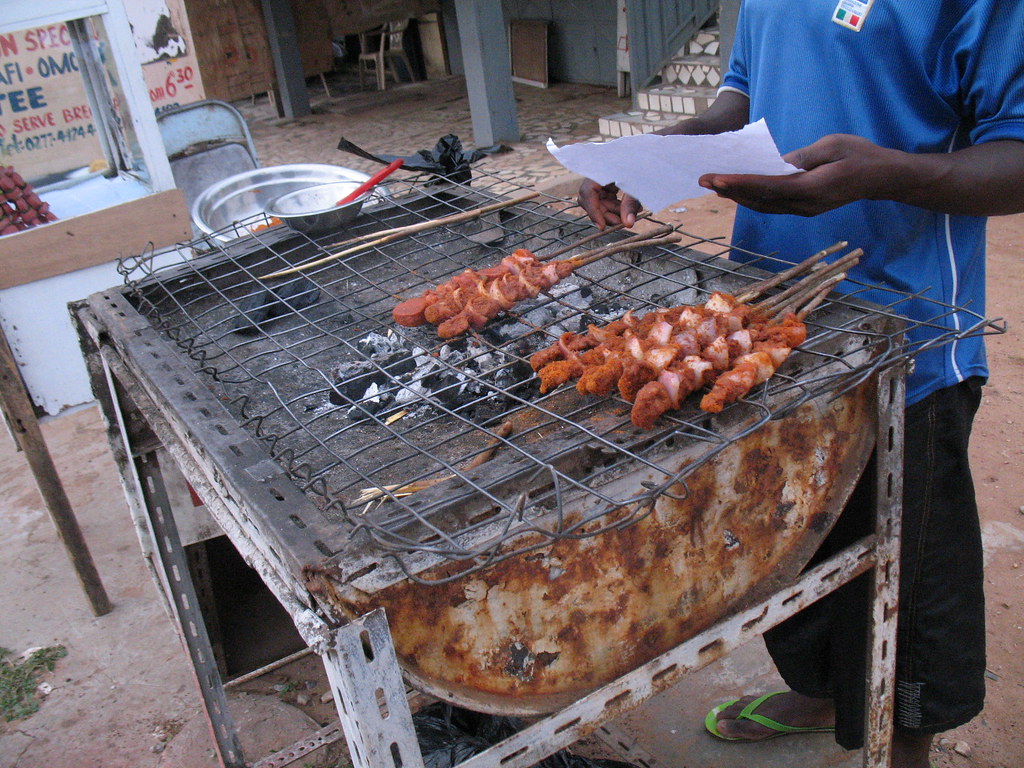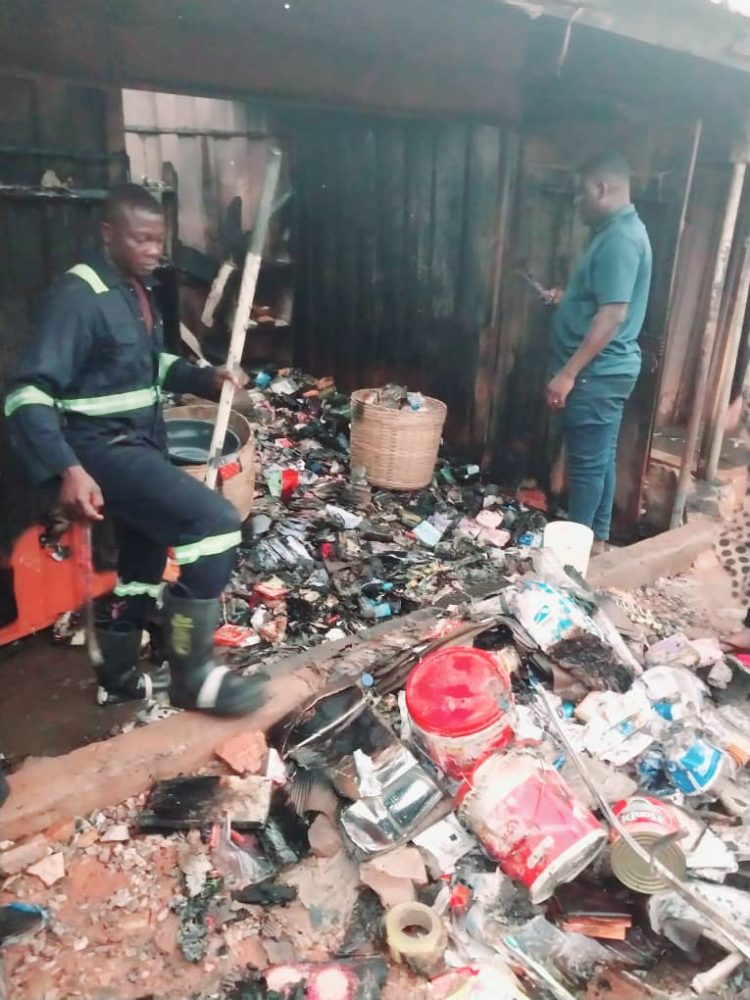The Mayor of Accra, Michael Kpakpo Allotey, sought to calm tensions on Wednesday following protests by drivers and traders at the CMB lorry station, asserting that the land near the Railways enclave remains firmly under government control and will not be handed over to private developers.
In remarks delivered during a visit to the site—located near the Cocoa Marketing Board headquarters—Mr. Allotey categorically denied any sale of the land, stating that neither he nor the Accra Metropolitan Assembly (AMA) has authorized such a transaction.
“As the Mayor of Accra, I have not sold any land to anybody. If anyone claims otherwise, they should produce documentation,” he said. “No one will take over your lorry station—not today or tomorrow.”
The protest earlier this week was sparked by rumors that the land had been sold to a private entity, raising fears among long-standing traders and transport operators of impending eviction.
Mr. Allotey added that President John Dramani Mahama had personally directed him to relay the government’s position: that the land remains public property. He also urged any alleged developer to seek restitution from whoever may have unlawfully sold the land, emphasizing that “no construction will be allowed here.”
The mayor further called on stakeholders—particularly drivers and traders—to engage with either the AMA or the Korle Klottey Municipal Assembly (KoKMA) through formal channels before resorting to demonstrations.
“I am the government’s representative in Accra,” he said. “Bring your concerns to me first before taking any action.”
A representative of the drivers publicly apologized for not consulting the mayor before the protest and acknowledged that Allotey had no role in any purported land transaction. He noted the demonstration was not intended to undermine the AMA but rather to seek clarity and protection from displacement.
The mayor's visit and assurance appear to have quelled immediate unrest, though the incident underscores growing sensitivities surrounding urban land use in Accra, where infrastructure pressures and development interests frequently collide with long-standing community operations.














